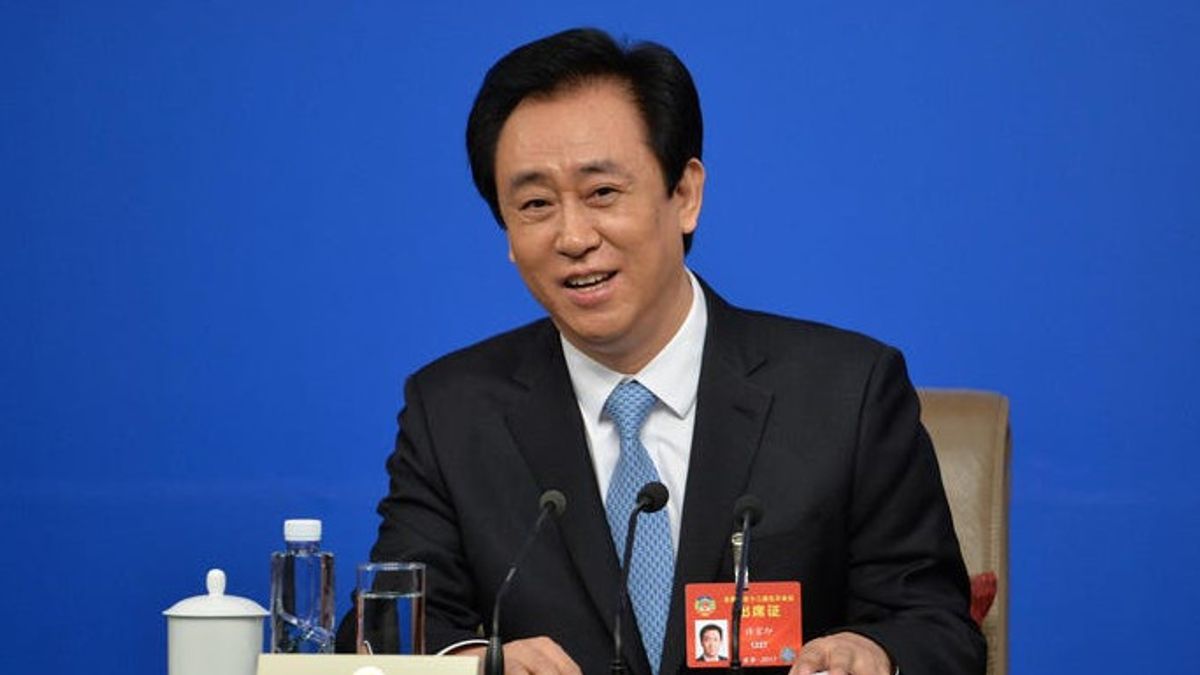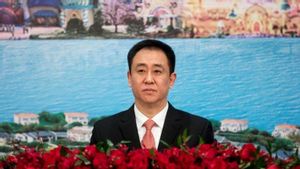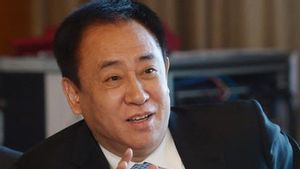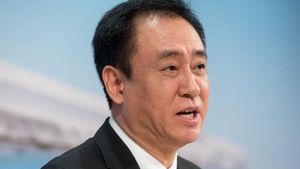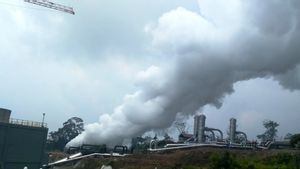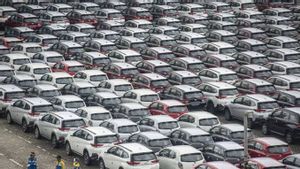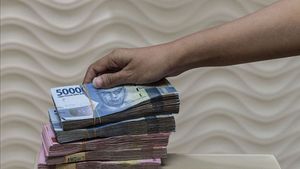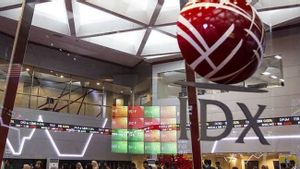JAKARTA - The wealth of property conglomerates in China, which has dominated the rankings on the list of the richest people in the Bamboo Curtain country, has fallen drastically. This is due to the government's campaign to launch a national property reform.
Quoting Forbes, Thursday, January 27, the collective wealth of the founders behind the country's three top property developers has shrunk by 30 billion US dollars or IDR 430.6 trillion since the Forbes World Billionaires List was released in April last year.
The drastic decline in wealth experienced by Evergrande boss Hui Ka Yan, Country Garden chairman Yang Huiyan and Sunac China Holdings founder Sun Hongbin means the heyday of China's double-digit growth in sales and property profits is over. In fact, it is estimated that they will suffer more losses.
"Real estate will probably be turned into utilities like public services. Profit margins will be limited and no one will be allowed to make big profits," said Hong Hao, Managing Director and Head of Research at Bocom International.
Analysts say Chinese President Xi Jinping expects a relatively calm property market, where developers build housing at more affordable prices. Therefore, he is determined to limit excessive borrowing in this sector.
In addition, Xi also wants to stop the skyrocketing rise in real estate prices, which has weighed on the finances of the average household, prevented them from spending more money on areas such as raising children, and exacerbated the widening wealth gap between the rich and the poor.
SEE ALSO:
The Hui Ka Yan conglomerate bears the brunt of the impact of the policy. Evergrande, once the country's largest developer by contract sale, has been caught in a liquidity crunch after China set a lending limit and issued a three-line red policy in August 2020.
Hui, who lost 80 percent of his former $42.5 billion fortune in 2017, is struggling to pay off debts of more than $300 billion. While his current assets are recorded at 9.1 billion US dollars.
Initially, driven by the belief that housing prices would continue to rise, and that income would always exceed costs, Evergrande borrowed money from its employees, retail investors, and various financial institutions including banks and trust companies to acquire land and build apartments.
But after funds ran dry and house prices fell, Evergrande went bankrupt. The entire market has seen Evergrande default on its debt.
The English, Chinese, Japanese, Arabic, and French versions are automatically generated by the AI. So there may still be inaccuracies in translating, please always see Indonesian as our main language. (system supported by DigitalSiber.id)
